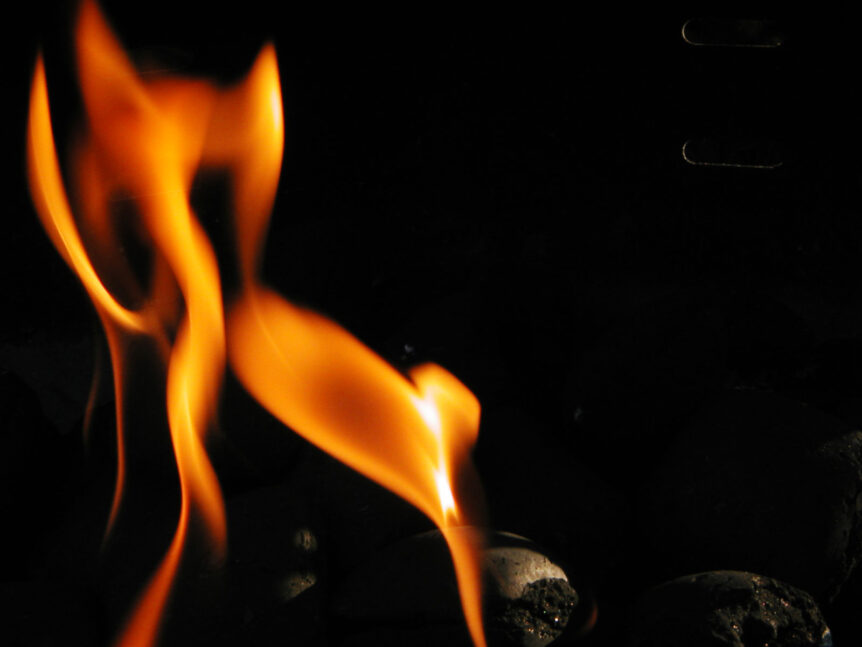by Michael Riggs, M.Ed.
One trait that really distinguishes successful people from others is the ability to remain calm and collected in the heat of the battle.
Think about historical characters from politics, business, or sport that were able to stay calm while bullets, barbs, and balls are whizzing past their heads. It seems that no matter the situation, Clint Eastwood was always in complete control as he whispered his now famous lines to his unlucky foes. Or, how Chris Everett never seemed to sweat, mentally or physically, as she systematically picked apart her opponent on the grass courts of Wimbledon. Or, regardless of the intensity of the situation, the late Ronald Reagan always remained characteristically eloquent and calm. Or, Joe Montana? Or, Mia Hamm? Or, Dr. Martin Luther King Jr.? Or, Michael Jordan? Or … Coincidence? Don’t bet your last chip on it.
Recognizing the importance of remaining composed in pressure situations is the first step to maximizing your personal and professional effectiveness. Learning to be cool under fire requires significant amounts of self-understanding, personal training, and practice. While there may be a genetic disposition to staying calm in embattled situations, the great news is that most people can learn to remain calm, cool, and collected… and ultimately, more effective.
The non-negotiable alpha step is the fact that you must realize that cool water will always put out fire. In other words, until you realize and truly believe that it is better to remain calm under pressure than to lose your cool, you will always be fighting your emotions’ desire to take over. Often, getting to this belief point comes only through the suffering due to ineffectiveness as a result of loss of control. The contradiction here is remarkable: a person is so passionate about winning or being “right” that he lets his emotions rule the day, which, in turn cause mental lapses that cause him to lose and be “wrong”. Exactly what he wants so badly, he pushes away due to a lack of emotional control.
Once you have arrived at the belief point that cool is better than hot, the next step is awareness. Become more aware of your ability, or inability to stay cool. Continuously remind yourself that it is better to let your head, not your emotions, take control. While passion is a wonderful tool to have in your toolbox, be aware when your passion becomes twisted into frustration or anger and causes you to lose your composure. Like a teapot with a whistle, develop a self-alarm that helps you realize when you are beginning to lose control. Next, you must heed the alarm… be sure not to hit snooze.
Once your alarm has gone off, your next step is to “detach and look down the road.” In other words, become emotionally detached and become focused on the outcome, or objective, of the situation. A very simple technique is to become very logical about the challenge at hand. Do your best to become eminently logical about the problem and the solution — like Dr. Spock from the classic TV series Star Trek. It is very important to keep focus down the road, where you want to be, allowing your mind to be pulled off the potentially hazardous emotions of the situation.
Practice makes perfect. Remember that even Clint, Chris, Ronald, Martin, Mia, Michael, and Joe had to develop into the people we now know. Each of them had to work very diligently, and failed quite often, to become able to stay calm and cool under fire. And, you can bet your last chip on that.
S² Tip
When you begin to loose control of your emotions, make a game of it and see how calm and logical you can become.
In Another’s Words…
A diamond is merely coal transformed by enormous amounts pressure. As a performer, you determine if you’ll be coal or a diamond by how you handle pressure.
— Michael Riggs, Author and S² Coach
Related Articles:
How to handle pressure during a presentation and interview
How to Stay Cool Under Pressure
How to handle pressure at work?

